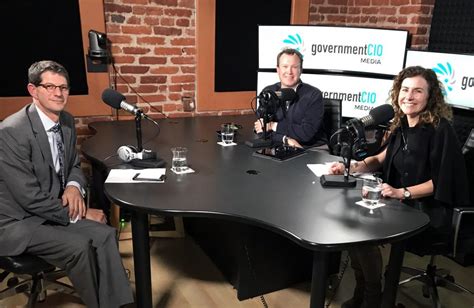A Quote by Toomas Hendrik Ilves
The first time cyber was even a panel discussion at the Munich Security Conference, which is - I mean, we've got hundreds of specialists there - was 2011. That's how long it took.
Quote Topics
Related Quotes
Today is just to the beginning of a long and overdue national discussion on how to protect ourselves from modern cyber crime and evolving national security threats and how to develop the cyber offense strategies necessary to gain a critical security edge in the 21st century. We need the edge, and ideally, a big one.
Of course I don't know what's going on in that meeting on in the mind of Donald Trump. But I do know one of the things President Barack Obama was struck by was how much time he spent on cyber-security as president. And one of the things he said was that, in the years ahead, the next president will be spending even more time. And cyber-security isn't a thing that goes away after this election. It's a constant flow.
'Bonfire' was kicking around for a very long time. It was an idea I wanted to explore for a television show. Then I was given this weird gift of time when 'Jessica Jones' finished season one. I got really organized and just kind of banged it out, but it took a long time. It took two years to even have a first draft.
Welles and I differed, however, in our interpretation of the results of the Munich Conference, he being optimistic, I skeptical. In a radio address on October 3, several days after the conference, in which he described the steps taken by the United States Government just prior to Munich, he said that today, perhaps more than at any time during the past two decades, there was presented the opportunity for the establishment by the nations of the world of a new world order based upon justice and upon law. It seemed to me that the colors in the picture were much darker.
When I first raised the issue of the so-called Islamic State at the Munich Security Conference in February, speaking about its economy, its flexibility and pathology, people thought I was trying to scare them. But now we have experienced just that. If al-Qaida was version 2.0 of terror, then the Islamic State is version 5.0.
What do I actually mean when I say 'delusion'? I mean the absurdity of the claim that the excessive atomic armament of both sides creates a 'balance of terror' that reduces the danger of war; that in the long run it even offers a minimum of security. ... Hence the cynical saying: He who strikes first will die second.
The wheel of government will continue to work, even as these people come in and we wait for them, but the issue is, there's always one thing, that a new administration confronts.For the Bush administration, it was terrorism. For this administration, it's going to be cyber-security, not Russian hacking. That's a symptom of the bigger problem, but the bigger issue of cyber, how they deal with that. So, we may see something else we're not anticipating. That's going to be their challenge.
The U.S. has the most advanced cyber-weaponry on the planet, and t if you look at the U.S. from the perspective of the Chinese People's Liberation Army, which runs most of its cyber activities, they look at you and they see Google and Facebook - the two largest depositories of personal data in the world - and they see the reach of the National Security Agency, which has huge digital capacity to know what is going on around the world. So the Chinese would see cyber as an un-level playing field, because the U.S. holds all sorts of advantages.






























